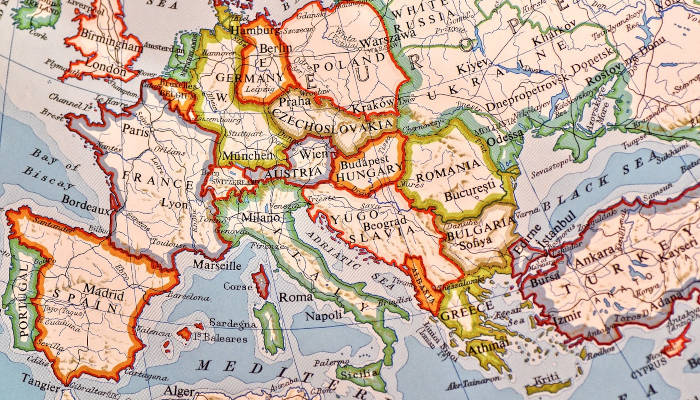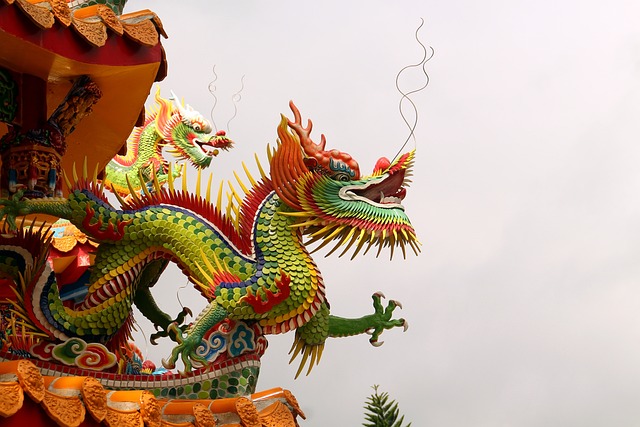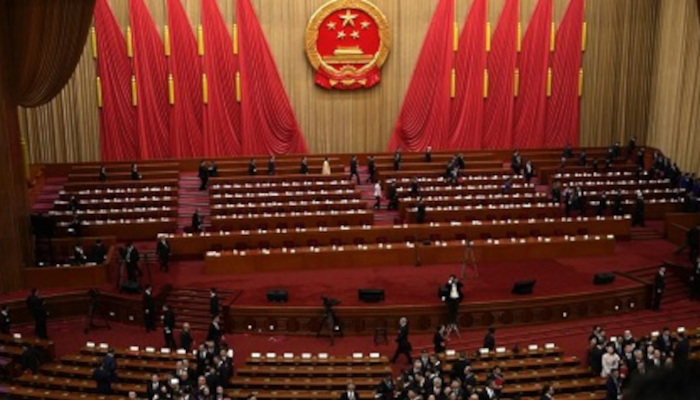
The G7 summit in Italy opens against the backdrop of a complex EU (European Union) election result, where the European Popular Party (EPP) confirmed its central role. Its allies, the Liberals and the Socialists, encountered a severe setback but remain strong. The Conservatives and the hard right (mostly pro-Russia) made advances but did not secure enough votes to topple or hijack the existing majority.
On the eve of the summit, the EU set the tone by announcing new tariffs on Chinese Electric Vehicles. More measures against China are expected at the summit, possibly sanctions against banks dealing with Russia.
The vote showed a dual phenomenon: a defeat of the hard right in countries like Poland, Hungary, and other East Europeans (all crucial in the Ukraine war) and a success of the right in France and Germany. The French and German hard right parties made significant gains but not enough to become critical in shaping EU or national majorities.
The EPP gained four seats overall; the Socialists and Liberals lost some seats, but the existing majority held. Contrary to the hopes of some European conservatives, the hard right, the Conservatives, and the EPP do not have the numbers to form a majority.
French President Emmanuel Macron received a massive blow in France but called for snap elections on June 30 and July 7. He might be defeated, but even in that case, he said he won’t resign. It could create a tricky situation for France, potentially putting the President and Prime Minister at odds, which could impact the EU. Ultimately, the president has real powers, and Macron would still have a couple of years before the presidential elections to turn the tide.
However, so far, it seems that all traditional French parties are rallying against the hard-right Rassemblement National (RN) leader Marine Le Pen. Even the Republicans, who were considering supporting Le Pen, have been told by the EPP that they will be expelled if they back her. The local and European situation could take a different outlook if Le Pen is defeated in the next parliamentary elections.
In five years, by the time of the next EU vote, the Ukraine war could end, and their role could change. In the meantime, in a historic EU turn, some East European countries, more committed against Russia, might become politically more significant than some Western Europeans. Poland could be one of the leading EU states.
Therefore, the pro-Russian forces, while stronger in the parliament, are so far not pivotal. They could be marginalized, and the ruling parties, challenged by the rise of the pro-Russians, might want to do that.
Italy and France experienced the Cold War similarly, with strong pro-Soviet communist parties being extremely vocal but ultimately only marginally influential. Their presence made the ruling anti-Soviet parties more decisive.
So far, there is an apparent effort to isolate the hard right. If that happens, anti-Russian policies and stricter policies on China could materialize faster than expected. Anything could still go in a different direction, but there is little sign of that so far. Currently, the EPP leader, Ursula von der Leyen, has won and is steaming ahead.
Then, the G7 could demonstrate a unanimous determination to pursue more robust policies, with Russia openly supporting the hard right and, consequently, also with China.
Italian Prime Minister Meloni, hosting the G/ in Puglia, is theoretically in an odd position. She was a proponent of the failed project of an EPP, a conservative, hard-right alliance. However, she had a good result at home and now might want to back an EPP and Socialist alliance. It could be difficult for her. If Meloni supports the EPP-centered coalition, she will join forces with the Italian Democratic Party, her political rival in Italy.
The issue will probably be settled after the French parliamentary elections. At the G7, in any case, it’s unlikely she’ll push an agenda against all other member governments. The G7 decisions could be binding for the future EU direction in many ways.
Overall, the Russian vociferous claims of a great victory of the hard right in the EU seem like disinformation aimed at the European public, their wavering Chinese ally, and the Americans, who are also called to choose their President in November.
The election results have yet to be translated into an EU majority choosing different commissioners. However, we can say that the pro-Russian forces have a clearer representation. This could differ significantly from the past majority, where they were scattered and less concentrated.
Those forces were previously more business-oriented, arguing that Russia was good for business. There’s still that aspect, but it’s becoming more ideological, pitting real or presumed national interests in favor of free trade with Russia against EU regulations heading in the opposite direction.
In all of this, China should be developing an EU policy that is very different from Russia’s.
Russia-EU ties are highly brittle, and the two sides are practically at war over Ukraine. China-EU ties, although fraught, are more solid, and there is no war setting the two as enemies. However, to some EU states, China’s approach to the EU has become almost indistinguishable from Russia’s. It’s not good for China and Beijing may want to correct it as it will impact even more negatively bilateral trade.
(the article is based on my interview with Voice of America)










Tra europee e G7 - SettimanaNews